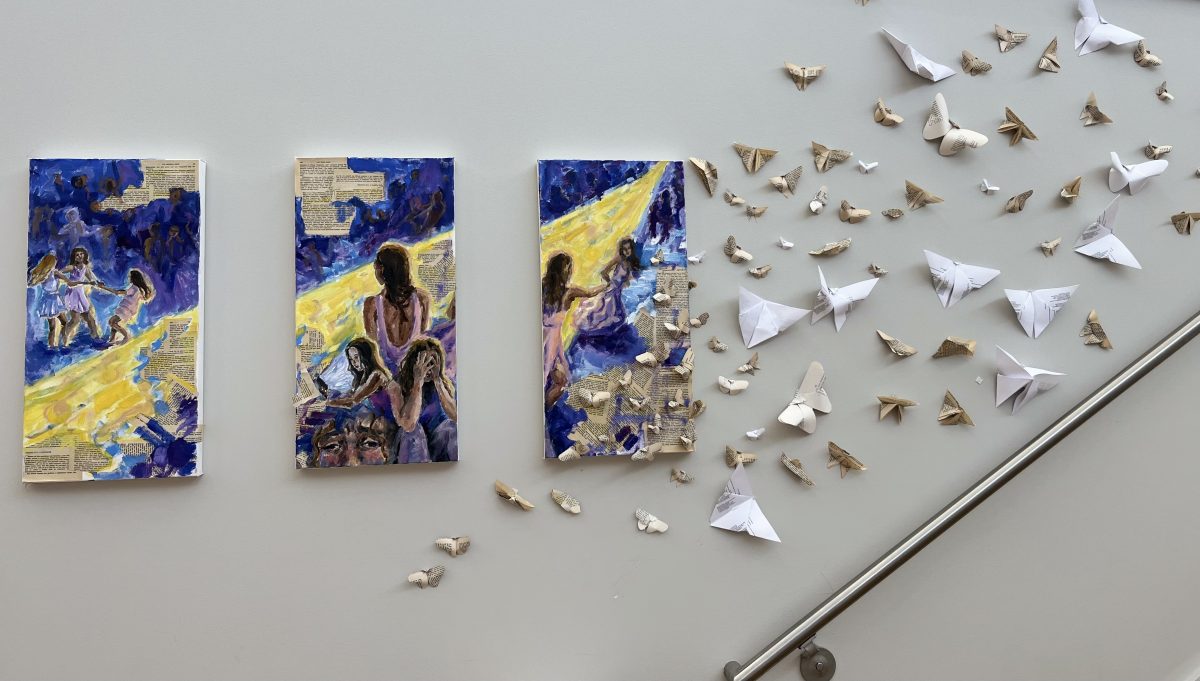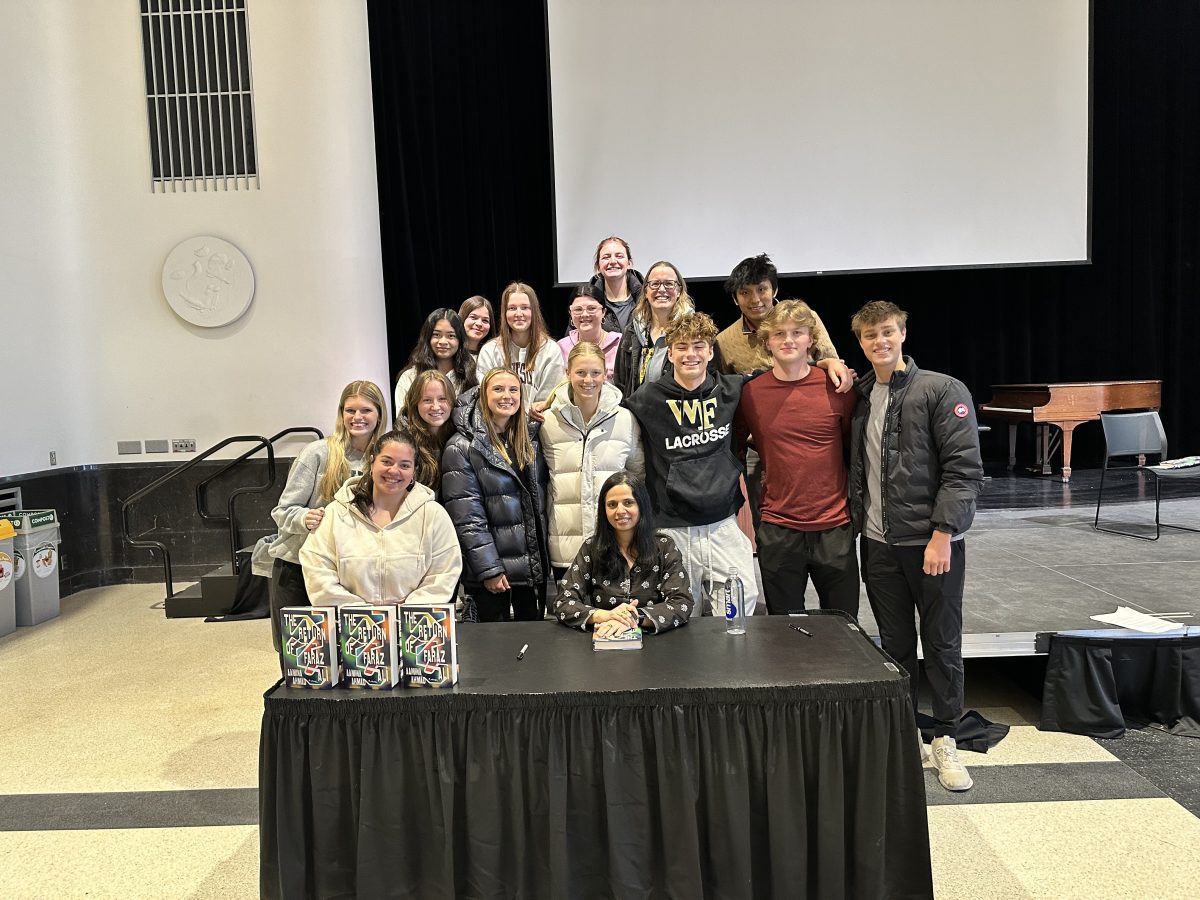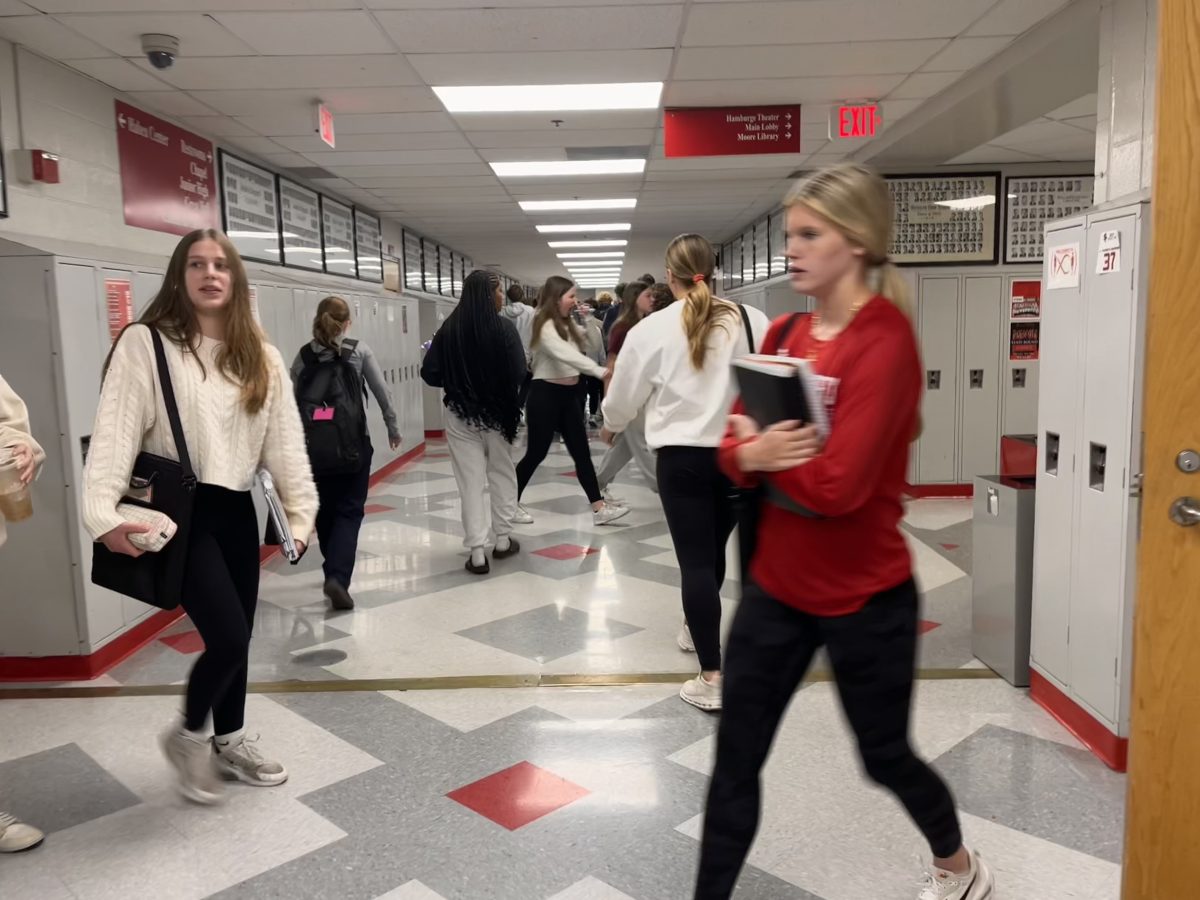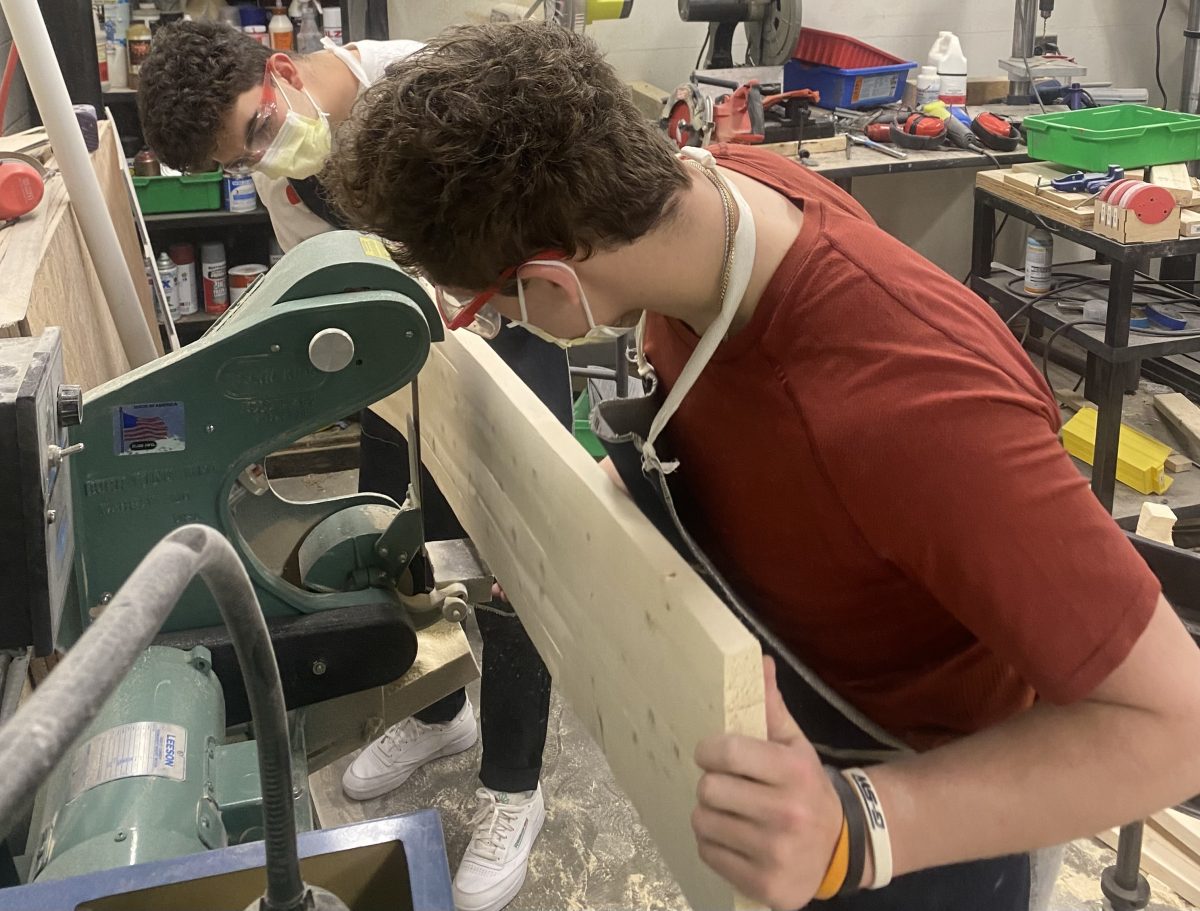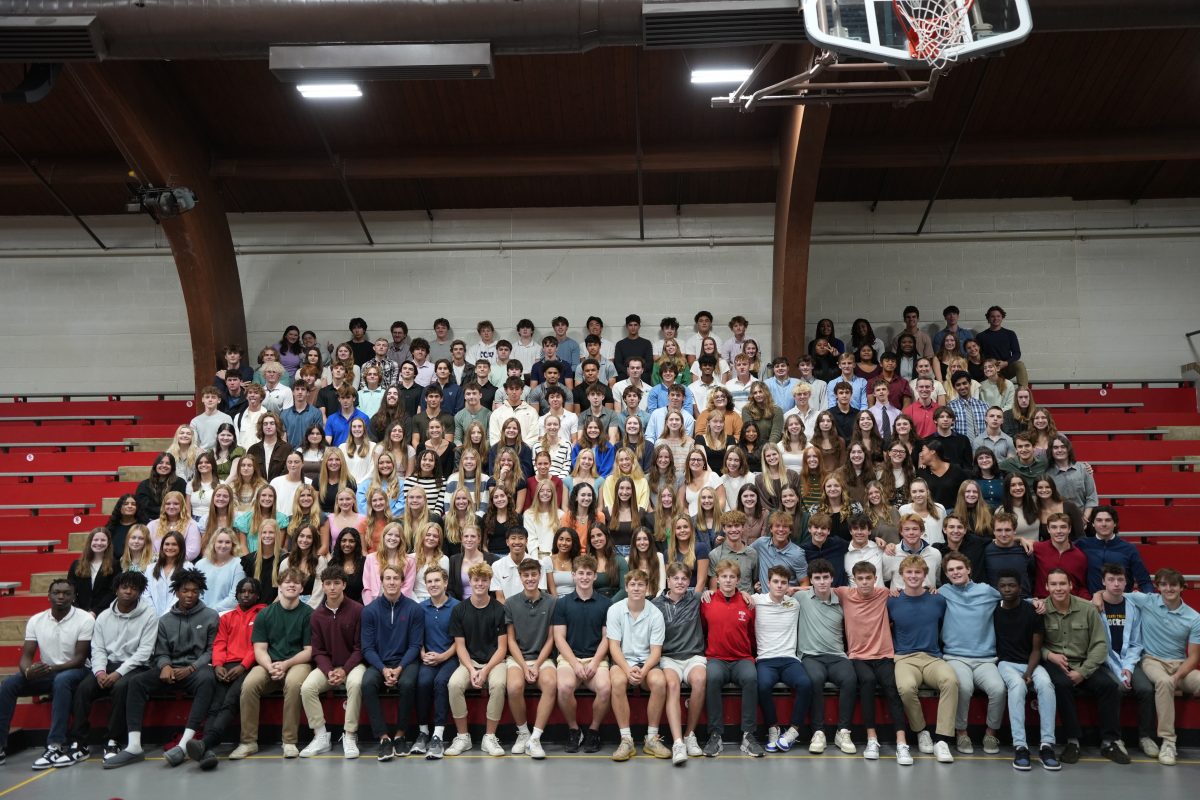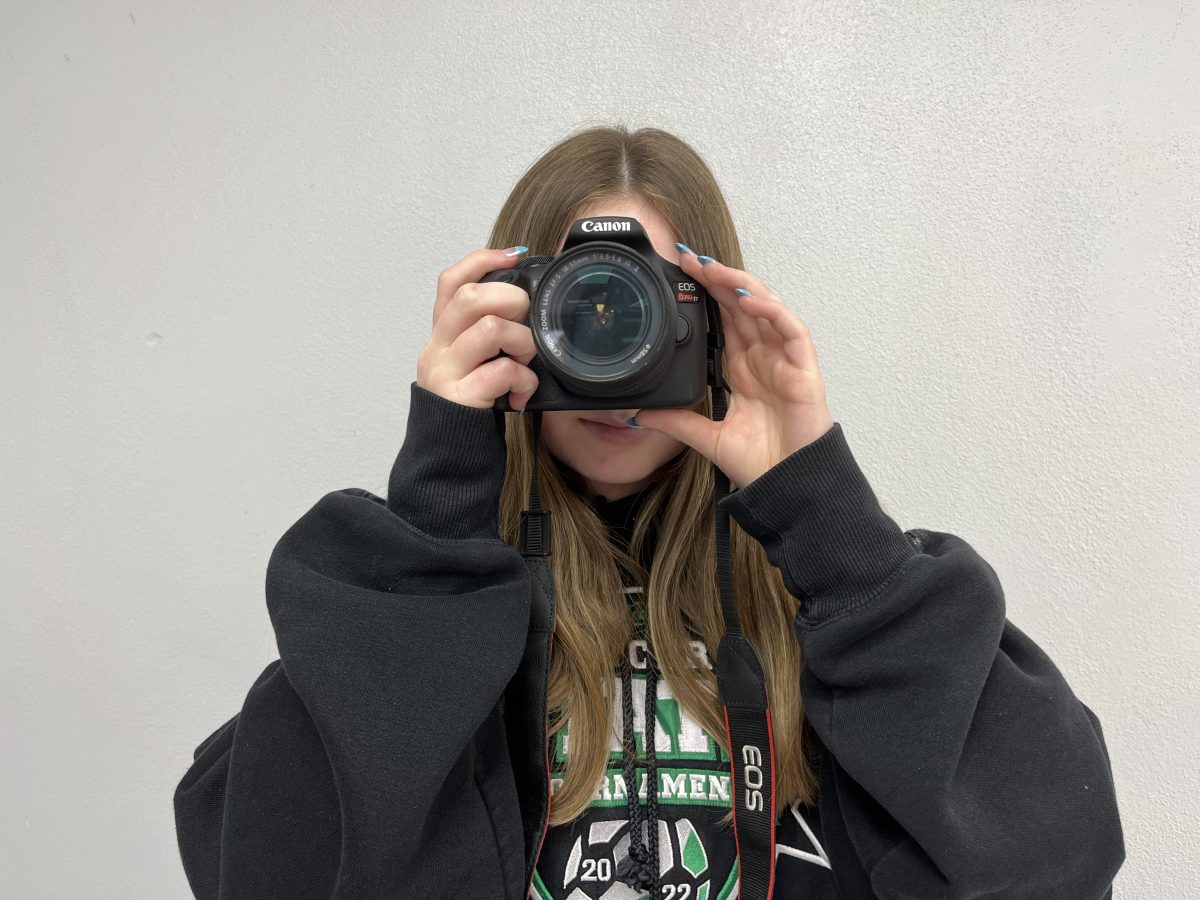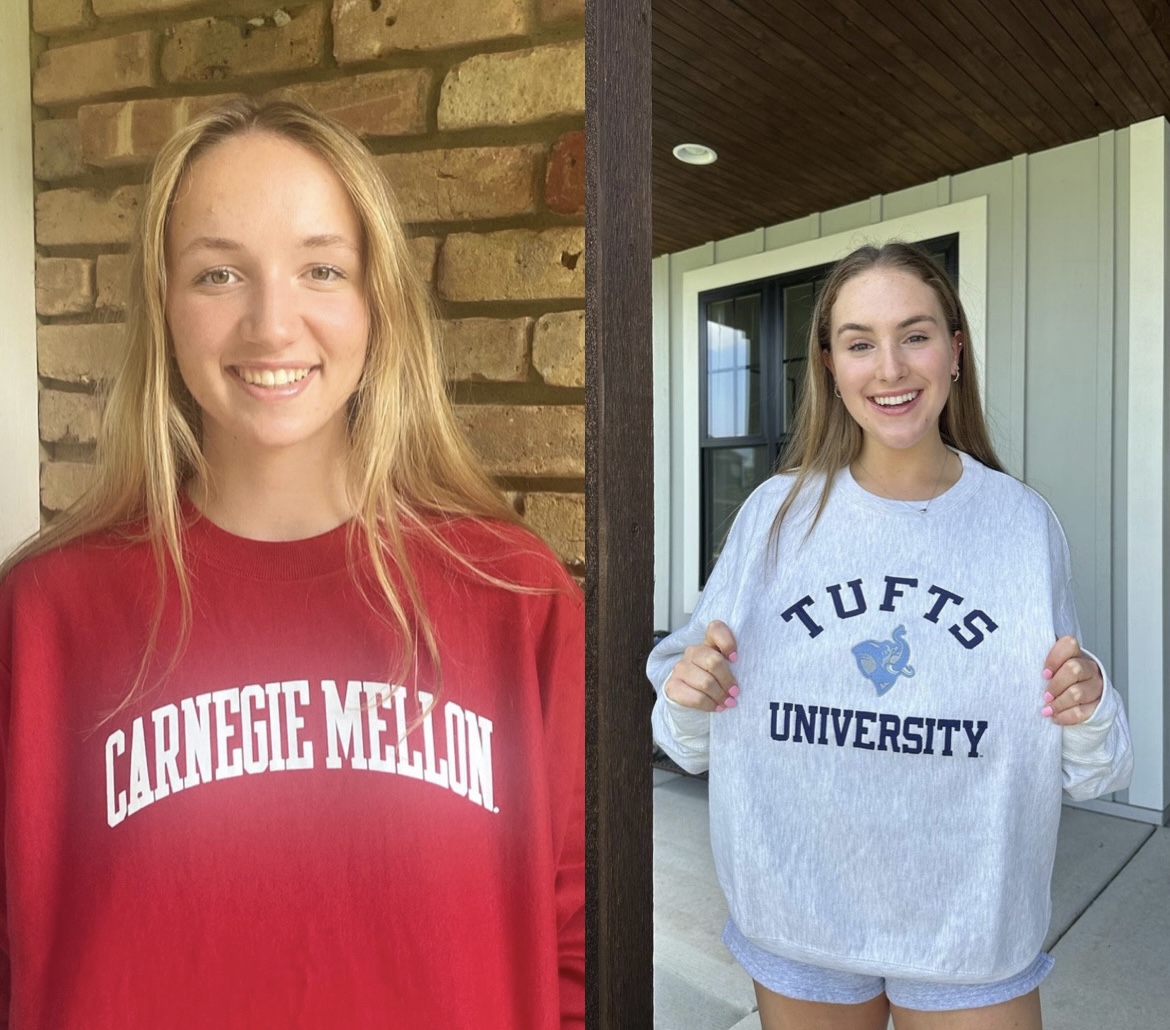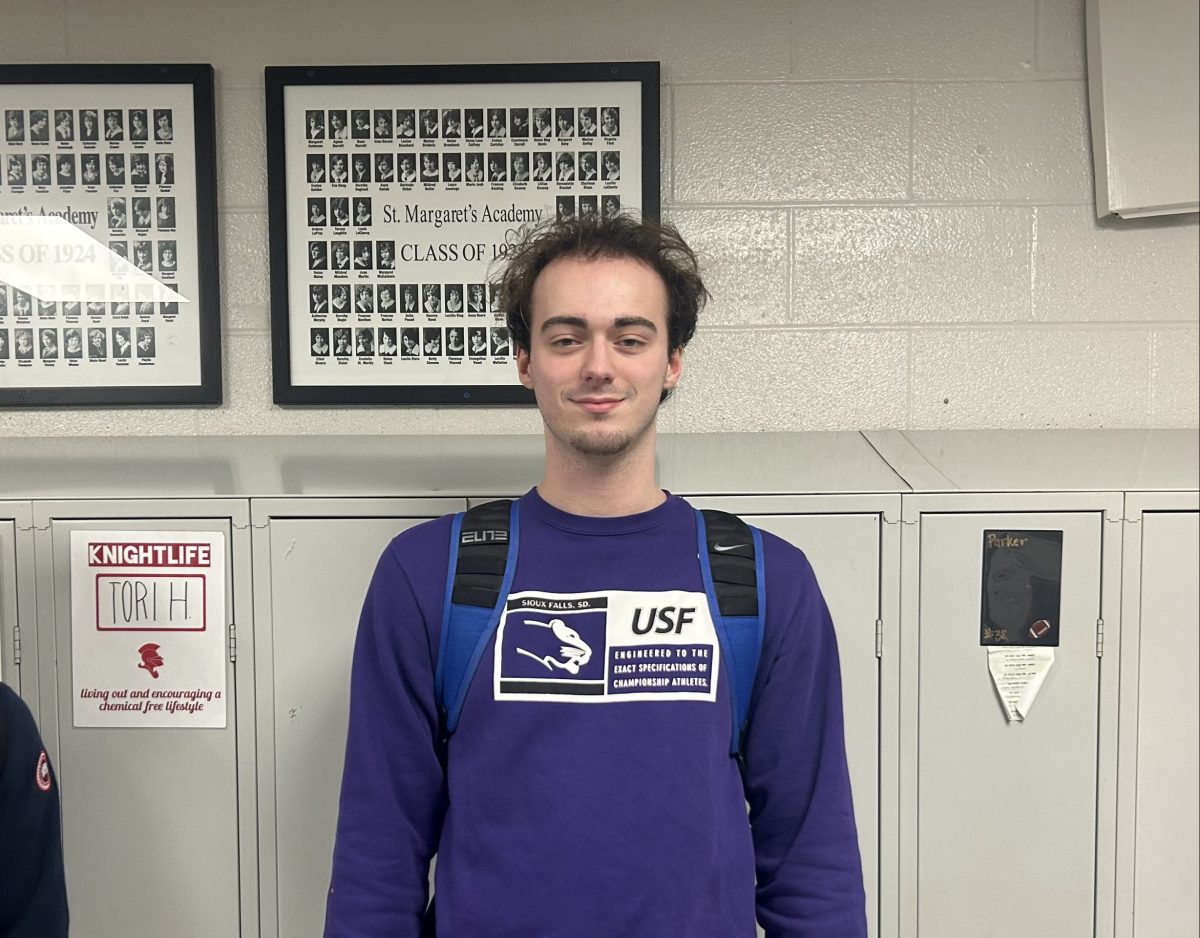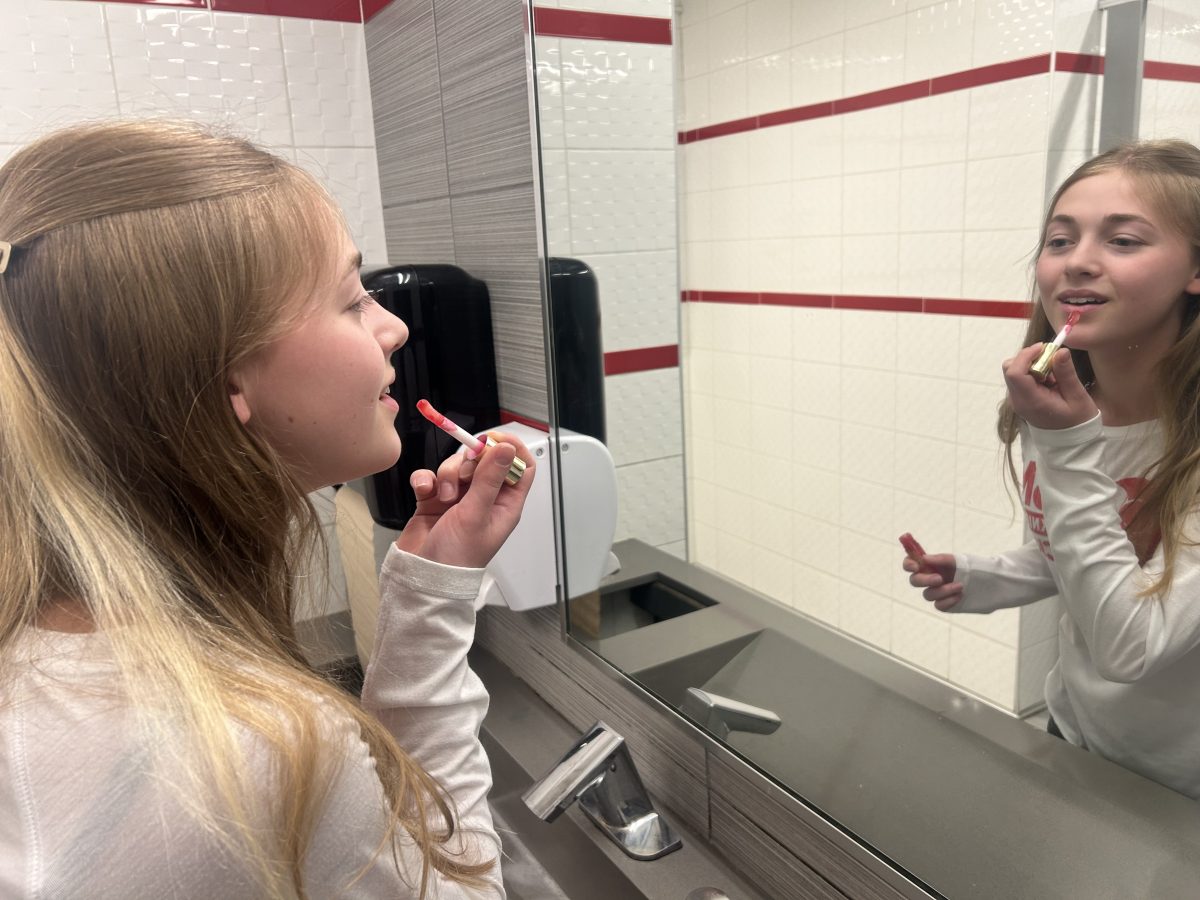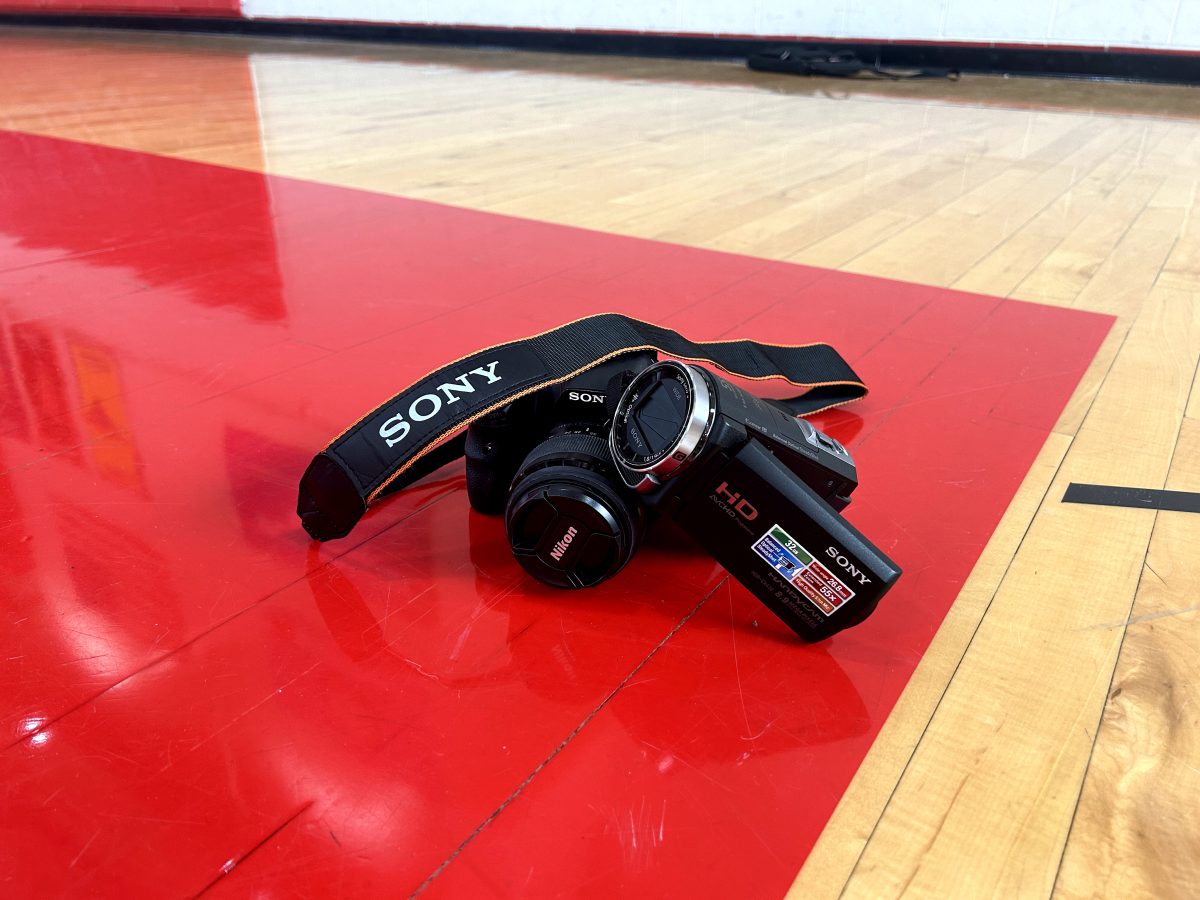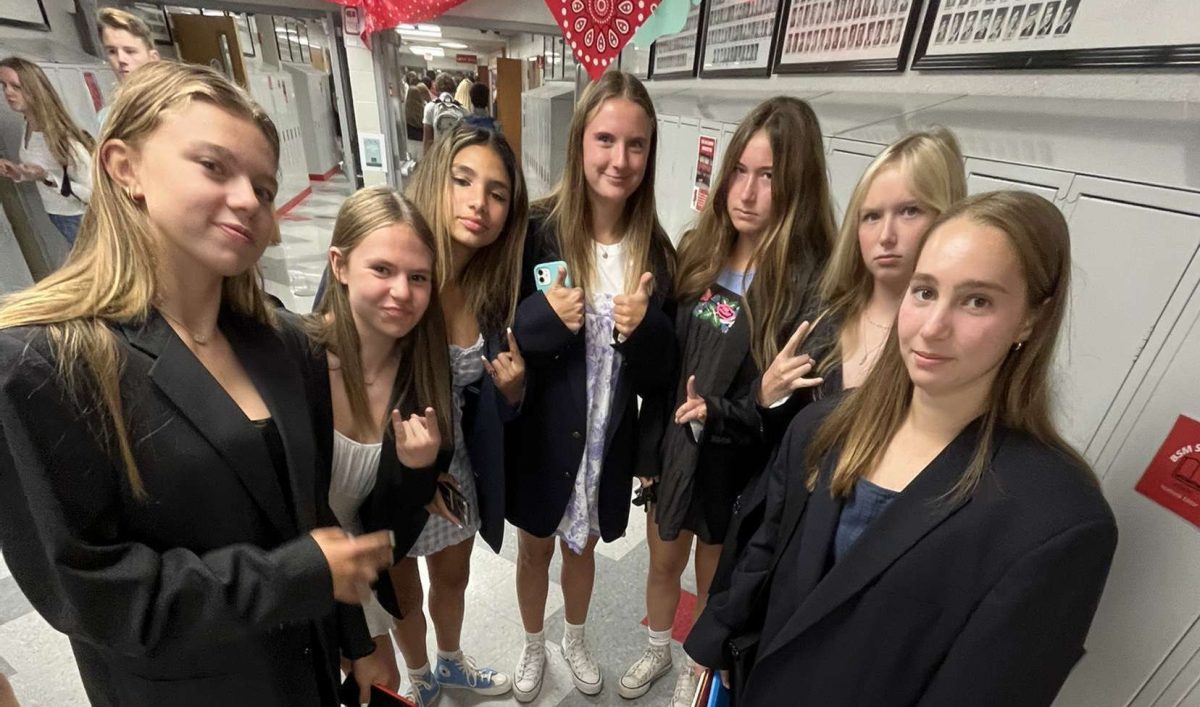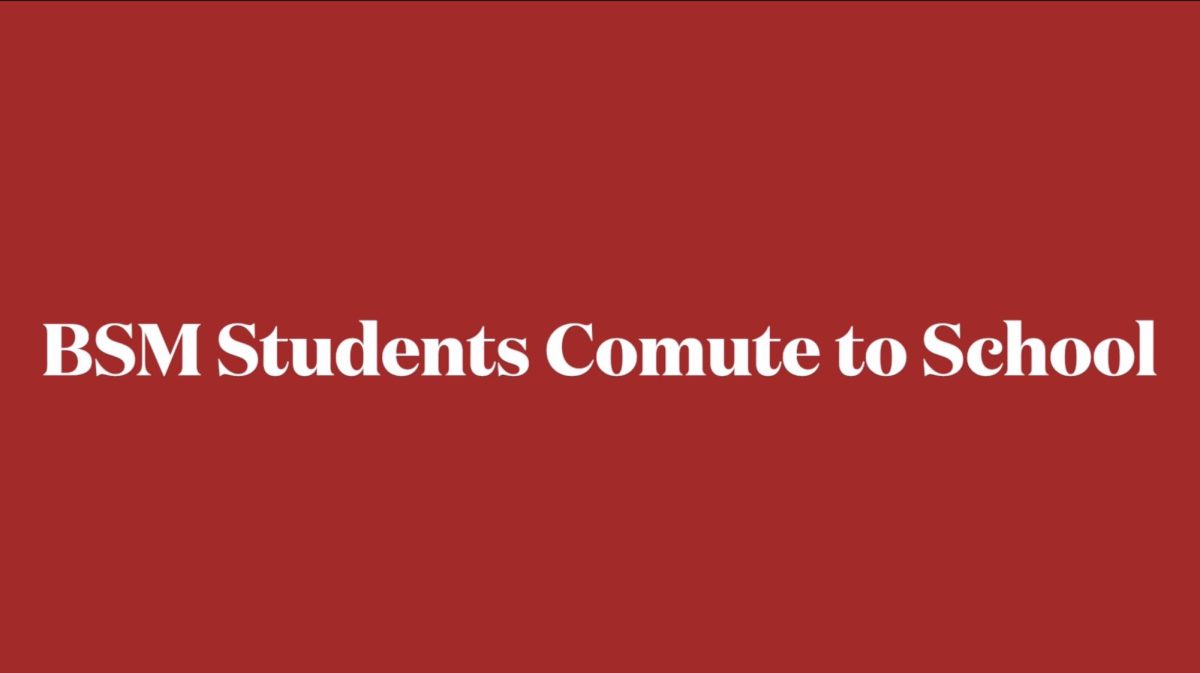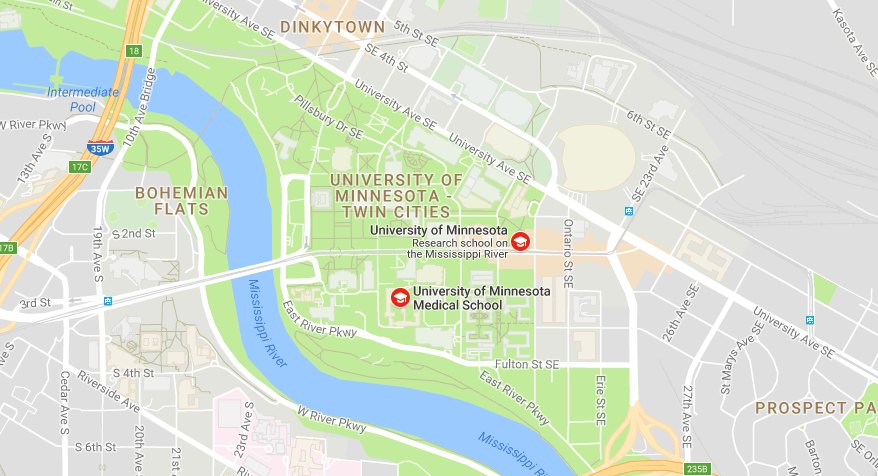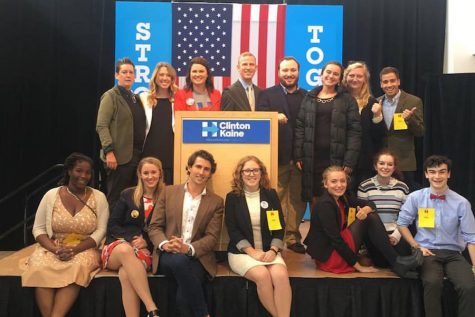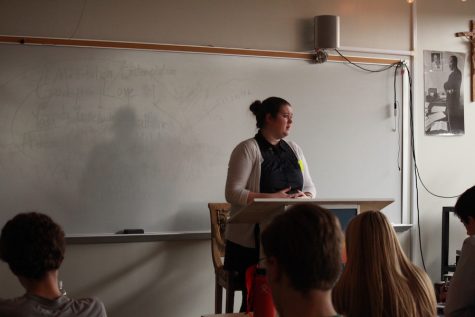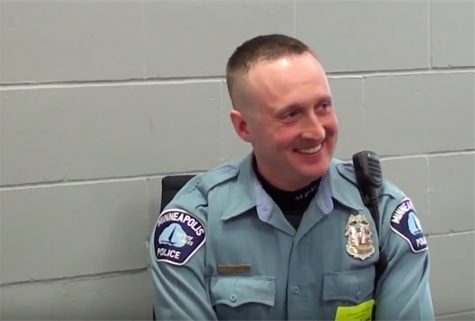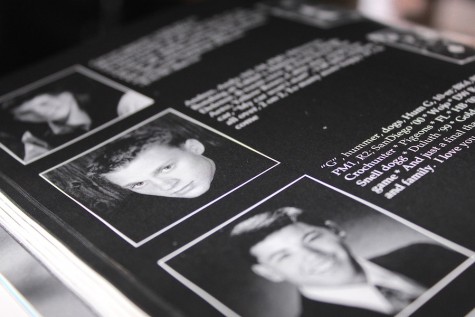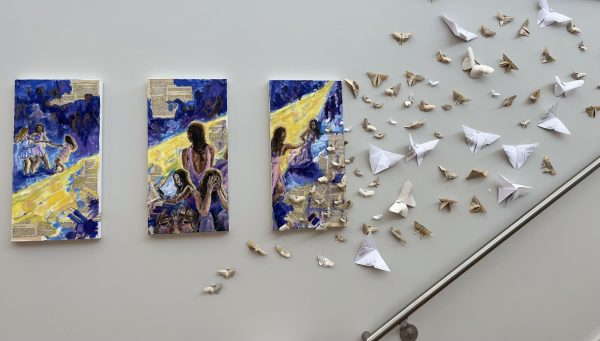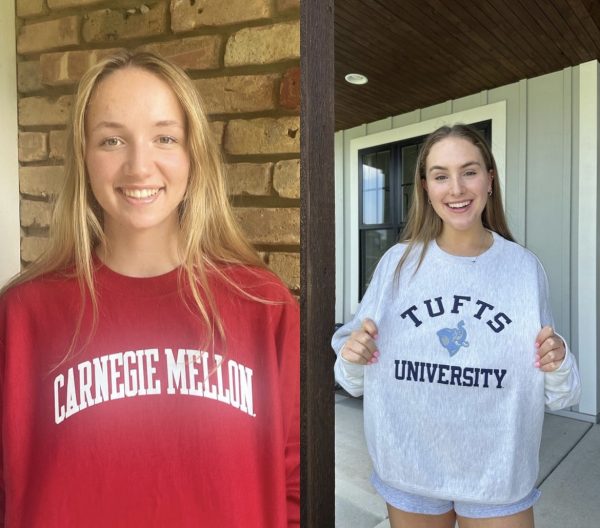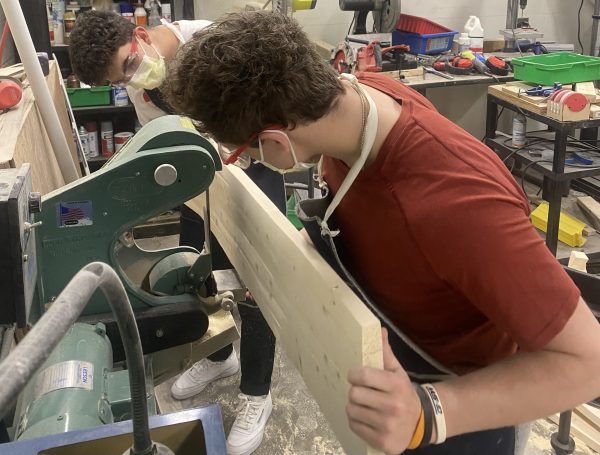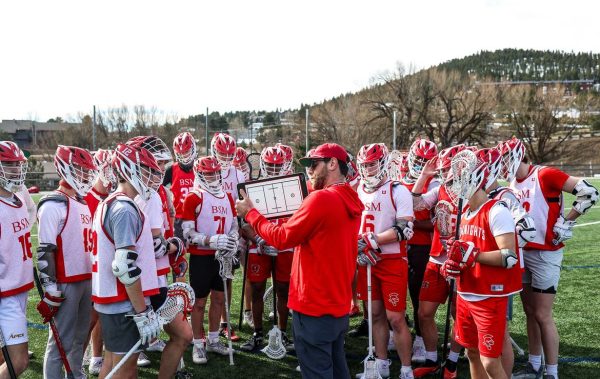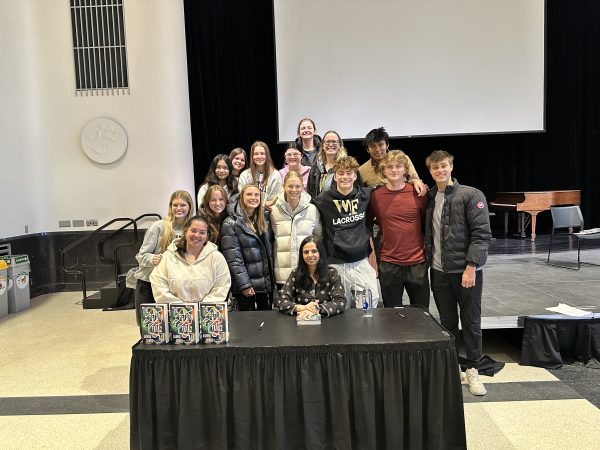Four BSM alumni attend medical school at the U of M
Mikey Koller, Carmen Aguirre, Rob Shaver, and Emily Kruse are all BSM alumni who are currently attending medical school together at the University of Minnesota.
This year, four BSM alumni have been admitted into the medical program at the University of Minnesota.
The road to medical school is long and challenging, involving years of preparation and determination throughout college. Despite these difficulties, this year, four BSM alumni have been admitted into the medical program at the University of Minnesota to pursue their passion for medicine and credit BSM as having helped them acquire the tools to succeed.
Alumni Mikey Koller, Carmen Aguirre, Rob Shaver, and Emily Kruse began their MD training in the University of Minnesota’s Medical School this fall. For many applicants to medical school, the intent to be a doctor has deep roots. Many of the foundations were set in high school or before. “Going into college, I always knew that I wanted to apply to medical school,” Koller said.
Almost all of our alumni credit at least one BSM class or teacher in fostering their love of science. “Teachers were key in teaching me to let my passion drive me instead of my abilities. You can always work to improve those,” Aguirre said.
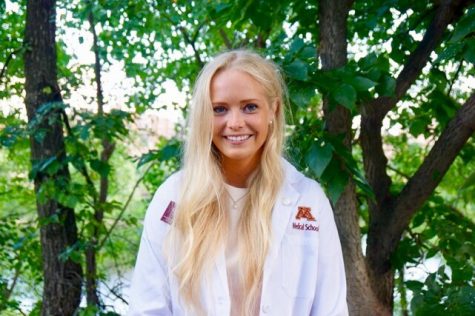
Emily Kruse, one of the alumni, is enrolled in her first year of medical school.
For Kruse, this is a relatively newly-realized dream. “I wanted to be a vet when I was much younger…but after I completed a medical service internship abroad in Ghana (during college)…I made the decision to apply to MD rather than MPH programs. It was a very thoughtful discernment process for me,” Kruse said.
No matter where their interests came from, BSM alumni had to work extremely hard to get into med-school. The applications require numerous personal essays for each school, standardized tests, and interviews. Typically, just succeeding in these areas isn’t enough for the prestigious schools; they also want to see proof of your work ethic: a good GPA in college, difficult classes, community service, prior work experience, and dedication to activities are all some of the things med-school admissions personnel look for when choosing from the applicants. “When I first started the process, it seemed almost insurmountable because it’s so multifaceted,” Kruse said.
In fact, the process is so complex that many people take a couple of years between college and their application to med-school to prepare and boost their resume. Work experience is a large motivator to take a gap year. Many perspective med-school applicants seek jobs, such as a medical scribe, to augment their knowledge of intra-hospital workings. “I wanted some clinical work experience beforehand and knew that my application would be strongest with my senior year grades, activities, volunteering, extracurriculars, and research included,” Kruse said.
Going into college, I always knew that I wanted to apply to medical school.
— Mikey Koller
It’s possible that the demanding application process is made to reflect the demanding environment.. “I study all the time. Everyday I get up at 6:30am, and I hit the pillow at midnight getting some breaks here and there,” said Aguirre.
The structure of med-school is based on a mix of academic classes and clinical experience. Students take all of their academic classes in the first two years and do their clinical rotations in the last two. The sheer volume of information is a major learning curve from other educational environments. “In medical school, we are given so much information to learn that it is not realistic to have time to grasp it all completely. Therefore, you are required to prioritize what information is likely the most important to know,” Koller said.
Despite the differences, there is a kind of unity that comes from struggle. “Everyone works together. There is very little to no competition amongst your peers, and we are all just trying to learn things together,” Aguirre said.
The effort involved in getting to med-school usually draws a certain type of person; they are often active in their school and community. Many have a ‘type A’ personality and are responsible and proactive. “I was a football captain my senior year and played on the varsity lacrosse team when we won the state championship in 2012. I also participated in Student Council, NHS, RKVC, Link Crew, and various volunteering opportunities to name a few,” Koller said.
In preparation for med-school, the alumni say it is also helpful to get some experience in the fields of medicine in high school. Ways to get involved include: going to conferences, shadowing doctors, volunteering in a hospital, or going on a mission trip, but it is helpful to get immersed in the culture before dedicating seven or more years of schooling to it. “Medical school and the career that follows is so demanding, and providers need to really know who they are and what they care about,” Kruse said.
BSM offers a couple of unique opportunities to help students identify their interests and propel students along the medical tract. The relatively recent addition of the three year series of biomedical classes–titled biomedical investigations, interventions, and research– aims to introduce students to a basic understanding of medicine, specialty practices, and research.
Medical club is another resource for those who are interested in applying to medical school but cannot take the biomedical class. They have guest speakers who speak to students in school or through skype about their specialties within the medical community and do related activities and projects. “I think a lot of it is because you get to learn about other fields…..they kind of get an introduction to what the life is like of those…medical disciplines before they would commit to being in medicine,” medical club advisor Jennifer Roushar said.
Finally, despite dissuasion and negative opinions from others around them, it was essential for the BSM alumni not to give up on their passion. “Being pre-med can be a lot of work, but if they are motivated and are excited about the possibility of being a physician one day, then the path is not as difficult as it seems,” Koller said.

